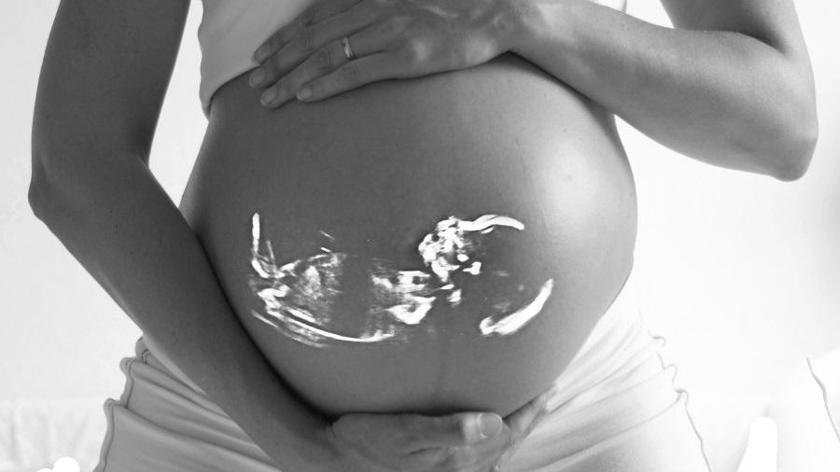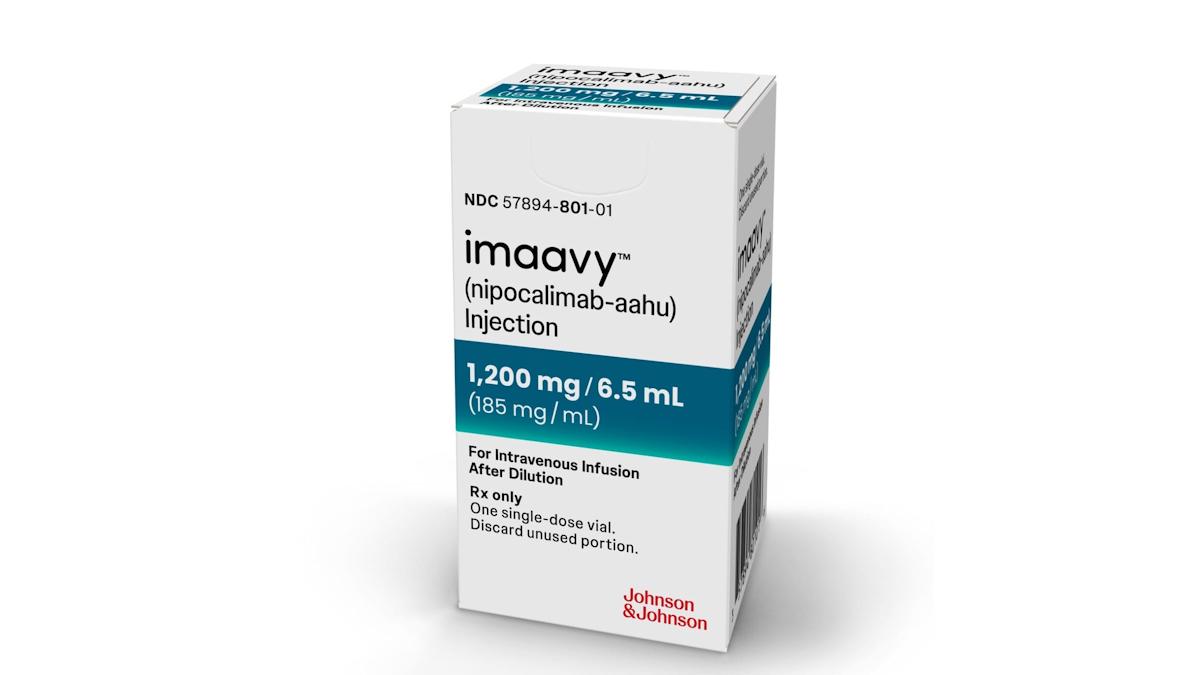J&J's nipocalimab offers hope for rare foetal disorder

Johnson & Johnson's nipocalimab could become the first approved treatment for a blood disorder that can lead to the death of a foetus or newborn, if positive results in a mid-stage trial are backed up in phase 3.
The drug is being tested as a treatment for a rare condition in which there is a mismatch between the blood types of a mother and her baby – a situation which normally causes no problems. However, In some cases, the mother's immune system reacts to the baby's red blood cells and her antibodies attack and destroy them.
That leads to a condition known as haemolytic disease of the foetus and newborn (HDFN), which at one point claimed thousands of infant lives every year. At the moment, the only treatment for severe cases is blood transfusions given to babies in the womb, which carries its own risk of severe complications.
Nipocalimab (also known as M281) is an antibody designed to block the activity of circulating immunoglobulin G (IgG) antibodies, including those that target the baby's red blood cells in HDFN, which occurs in somewhere between three and 80 out of every 100,000 pregnancies annually in the US.
The hope is that it could provide a safer, less invasive way to treat the condition with a once-weekly, intravenous infusion.
In the phase 2, open-label UNITY trial – which involved 14 expectant mothers at high risk of HDFN – J&J's drug met its primary objective of improving the chances that the pregnancies resulted in a live birth at a gestational age of 32 weeks or more, without the need for intrauterine transfusions (IUT).
A safety assessment over 20 weeks also backed the safety of the antibody, which has a fast-track designation from the FDA.
"We look forward to sharing the full results of the UNITY trial at an upcoming scientific medical meeting while we continue to plan for a pivotal phase 3 trial," commented Katie Abouzahr, autoantibody portfolio development leader at J&J's Janssen division.
J&J acquired nipocalimab when it bought Momenta Pharmaceuticals in 2020 for $6.5 billion. It said at the time that it thought the drug could become a kind of Swiss army knife for autoantibody-related diseases, with activity across multiple indications, including myasthenia gravis, warm autoimmune haemolytic anaemia and others.
Around 2.5% of the population, around 195 million people worldwide, suffer from some form of autoantibody-driven disease, many of which are orphan and rare diseases, and J&J has previously predicted that, in total, that could represent a market for the drug of $1 billion or more.













